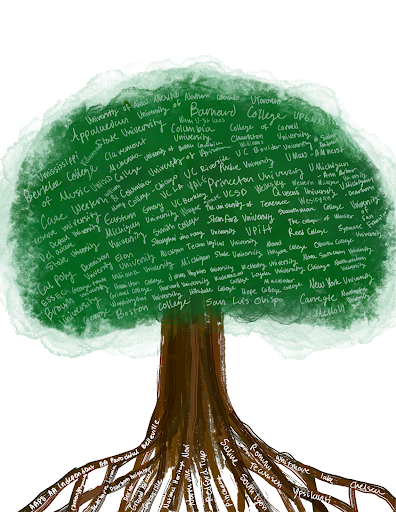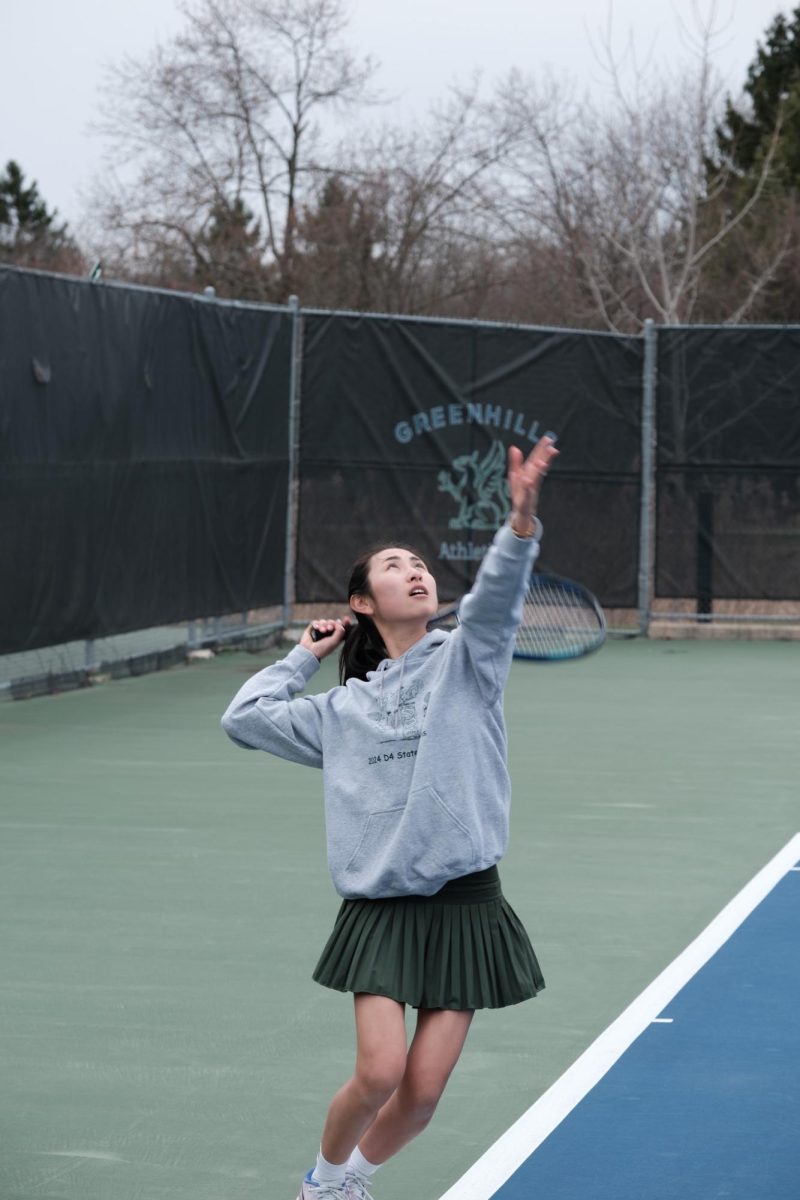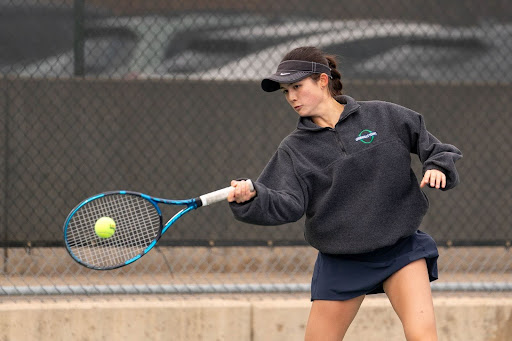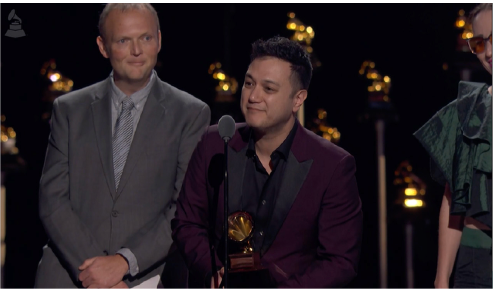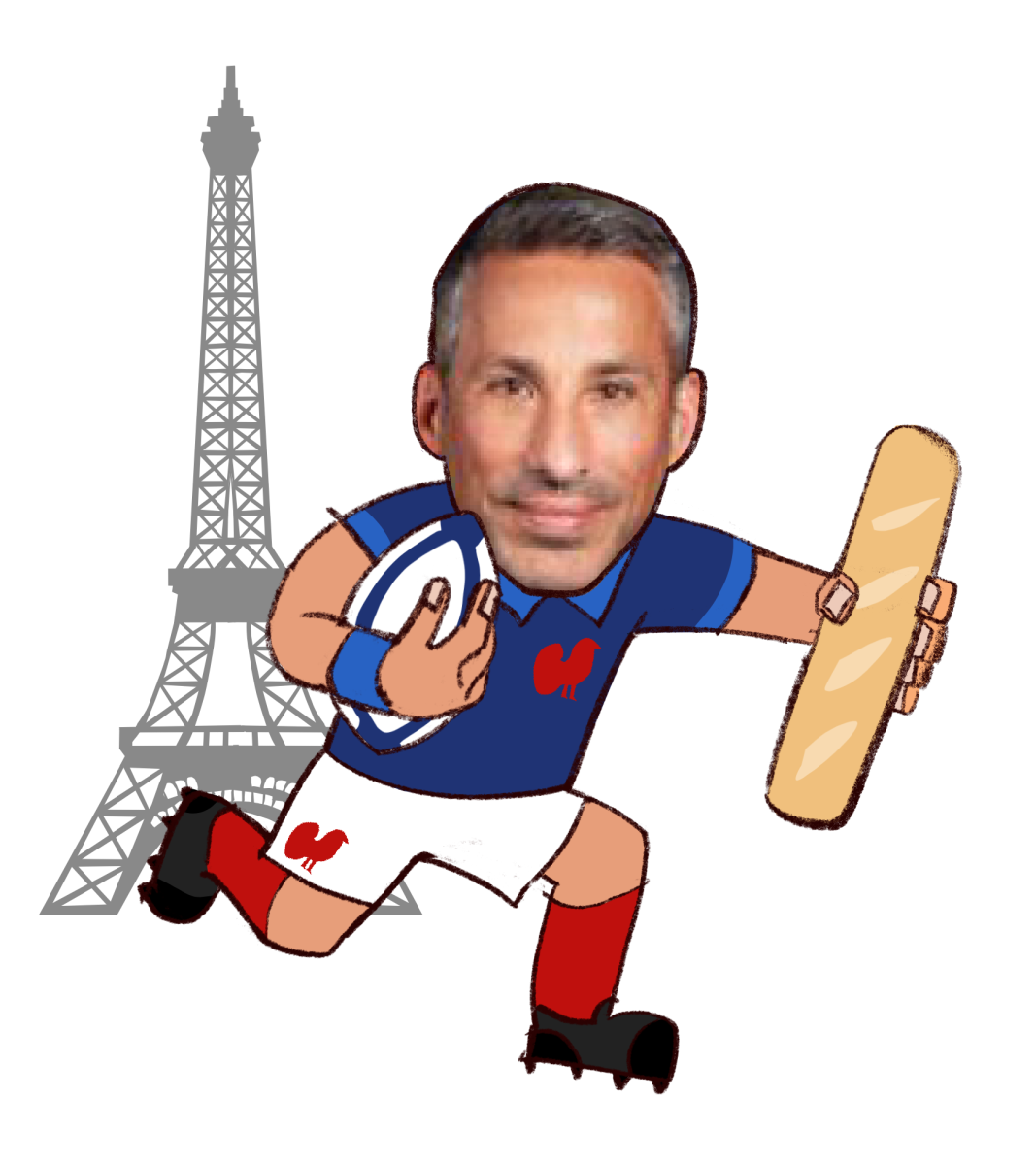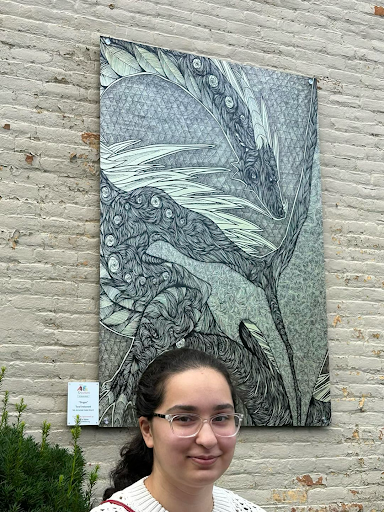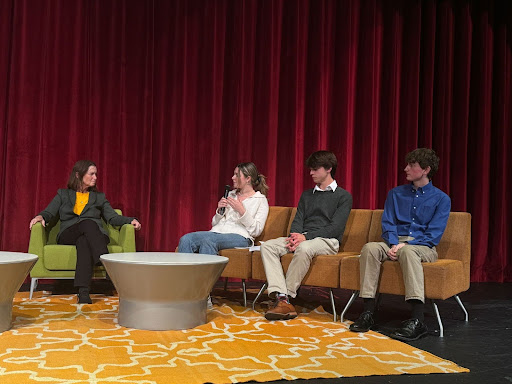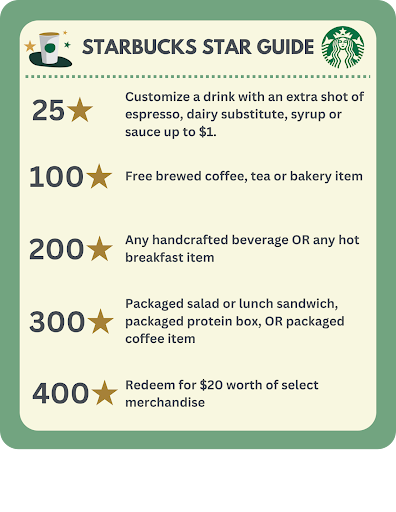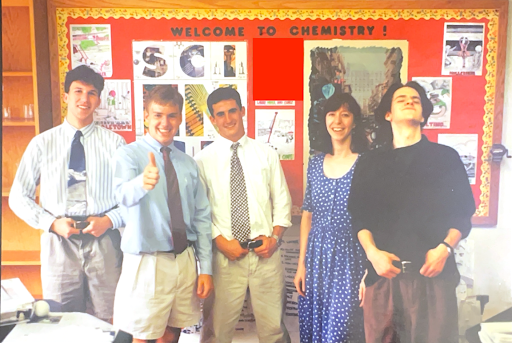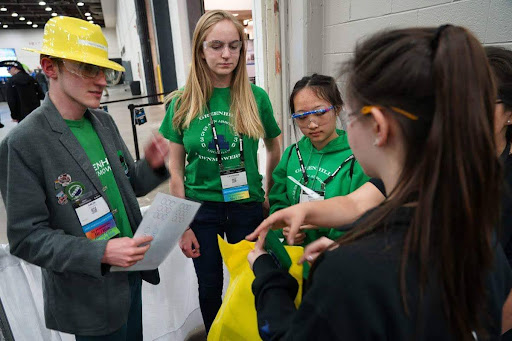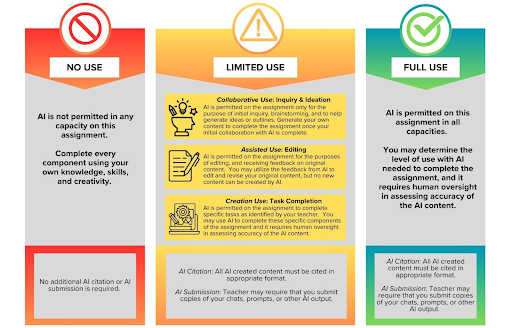Barbara McQuade, former United States Attorney for the Eastern District of Michigan and New York Times bestselling author of “Attack from Within: How Disinformation is Sabotaging America,” visited Greenhills for a panel engaging in conversation with seniors from the Campaigns & Elections and Rights, Justice, and the U.S. Supreme Court. They covered topics ranging from AI’s role in spreading and detecting misinformation to political polarization heading into this year’s presidential election. I spoke with McQuade, after the panel, on her views on what schools and students can do to reduce the spread of misinformation and what she hopes readers will take away from her book.
Eva Bernstein: In “Attack from Within,” you say that your motivation behind writing the book is to spark a conversation about misinformation and disinformation. What role do you see students taking in this conversation?
Barbara McQuade: “Students need to become educated about the tactics of disinformation and about how to build good media literacy skills. If they aren’t getting that in the classroom, although my guess is that you’re getting a lot of good critical thinking skills here [at Greenhills], they should be looking to outside sources for that to learn how to consume media in a skeptical way and seeking to verify facts by looking at other sources. Beyond that, the other thing students can do is share the importance of this information with others. Maybe as a group they could put together a TikTok campaign where they create a ‘Five Best Practices’ [for misinformation] trend. It’s always useful to start with yourself and learn what you need to learn, and then spread that through your spheres of influence, like your family, your classmates, your school, and then maybe the larger community. These would be great projects for students to undertake because it’s so important when you want to communicate with people that you meet them where they are, and for young people, that’s on social media. You can write all of the books you want, but if people aren’t reading them, they aren’t going to reach people. In this moment, delivering that information with people is probably the best way to do it.”
EB: Should schools play a role in halting the spread of misinformation and disinformation, and if so, how?
BM: “I don’t know if schools can halt the flow, but I do think they can help provide accurate information to students and also teach students those critical skills they need to be able to discern the difference between fake news and real news. It would be great if schools were teaching students to read critically, meaning not just accepting what they read at face value, instead looking at it with a bit of skepticism and comparing it with other things that they know, if it’s consistent or not, what the source is, if the writer is credible, what the evidence for the claim is, whether it’s based on research or a data set, or a quotation from a reliable expert in that particular field. Schools can play an important role in educating young people about how to ask the important questions so that we can satisfy ourselves that the information that we are getting is reliable.”
EB: How should students who want to speak out about issues that are important to us approach social activism and posting on social media without spreading misinformation and disinformation?
BM: Remember that social media is forever. You might take down a post but that doesn’t mean it’s not still out there. Somebody might have taken a screenshot of it. Law enforcement with a subpoena can still get it, so whatever you post exists forever. You should keep that in mind. If you want to share your views on something, that’s wonderful. Participating in dialogue in democracy is a great way to debate, and even disagreeing is wonderful, as long as you do it respectfully. That’s how we get to a better understanding. If you hear an opposing argument, it might cause you to reconsider your own argument and it makes the arguments better in the end. People should educate themselves about an issue before they opine on it because you might think something is good, bad, silly, or dreadful, and you don’t know as much about it as you might think you do. You might hear this all the time from people who are older than you, ‘wow, it’s amazing how much dumber I’ve gotten as i’ve aged,’ and it isn’t that they’ve gotten dumber, it’s that they’ve realized how much they don’t know. It’s easy to second guess and be critical of decision makers when you don’t actually have all of the information. Be humble about what you don’t know, be diligent about gathering information, and if you want to post your views, have at it, and just know that when you say something online, it lasts forever.”
EB: If there’s one thing that you would want readers to take away from “Attack from Within,” what would you want it to be?
BM: “Truth matters. In a democracy, we can all have our own opinions, but we need the same set of facts as a starting place so that we can have meaningful policy decisions.”



